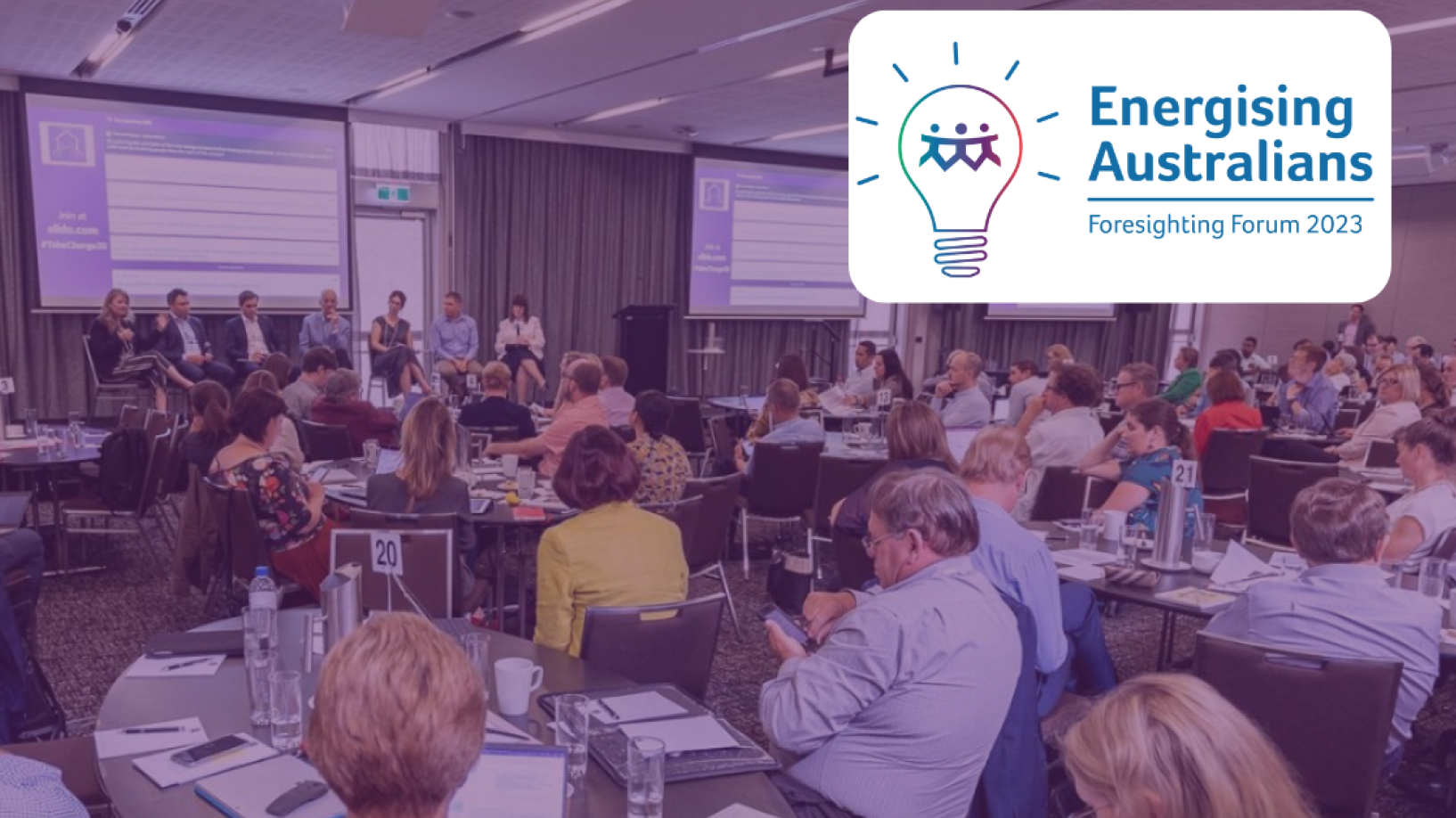From the CEO
As I sit down to write my contribution to our penultimate newsletter for the year, the events of the past week in South Australia are again an acute reminder of the challenges for consumers in understanding and participating in the transition to a 100% renewable energy system.
I can illustrate this with two events separated by only a month.
On 16 October, a new negative demand record of minus 236MW was achieved in South Australia, with the distribution network managed by South Australia Power Networks becoming a net exporter for more than 5.5 hours, the longest duration seen so far in South Australia’s energy transition. This was the twelfth time this year and the seventh time in a month.
Yet, on 16 November the Australian Energy Market Operator in a statement described how it had been acting to both curtail generation, including rooftop solar, and scheduling load into service, after South Australia had disconnected from the National Electricity Market on 12 November (triggered by a fallen transmission tower). It took until 19 November for South Australia to be integrated again into the NEM.
While the system needs are self-evident to the engineers and the energy technology sector, it isn’t at all likely that households and small businesses understand why they are being asked to increase their use of grid supplied electricity or, if they also have rooftop solar, why their system has been turned off.
To the system, this ability to dial up and dial down both electricity use and generation is a necessary and valuable resource – which at this point households and small businesses are not being paid for. For consumers, this is at best a nuisance and at worst an epic fail, further eroding trust and confidence that the system is designed to meet their needs. I say “further eroding trust” because after a decade in which retail electricity and gas prices have been at historic highs (in real terms), they are again rising. The recent Treasury projections contained in the budget – assuming no policy interventions – are for a 30% increase in retail electricity prices in 2023-24 and 20% increase in retail gas prices on top of 20% increases in both electricity and gas this financial year.
I recently made the case for why trust matters in my keynote speech to the 9th International Conference, Integration of Renewable & Distributed Energy Resources.
We can’t assume that people are willing to be adaptable to changing system conditions in their energy use in their homes and businesses. We say that the challenge is not “integration of consumer energy resources” but reimagination of the pathways to a future energy system that is better than today. A better future in which energy is clean, reliable and affordable, not just for those who have the means and opportunity to invest in energy technologies, or switch from fossil fuels for heating and transport but for everyone in our community.
This brings me to our 2023 Foresighting Forum whose theme is “Energising Australians”. It is an opportunity to have a dialogue about how to deliver a system and frameworks that support the active and constructive role we are counting on consumers to play in managing their energy use and generation, to benefit themselves and the system. The program is grounded in the premise that the challenges in the transformation of the energy system are essentially human challenges. These challenges begin and end with consumers, their needs, preferences and behaviours.
If you haven’t been to the Forum before, we bring together leaders, decision makers, advocates, and thinkers from across the energy sector, in a series of panels to stimulate and promote intensive discussions. Together we will consider how we can build a better energy future. We will discuss and debate what the future of our energy system might look like if we put the consumer back into the centre of thinking and design.
In addition to the panels, we have three international speakers, to share valuable insights and experience in integrating human design in system transformations.
- Paul De Martini is a leading expert on the business, policy and technology dimensions of a more distributed power system, including the insights that he shares through his work with the Pacific Energy Institute.
- Matt Finch is from the Saïd Business School at the University of Oxford. His work focuses on the value of scenario planning in situations characterised by turbulence, uncertainty, novelty, and ambiguity.
- Paul Jordon is from Energy Systems Catapult, which advocates for a whole of system approach to achieving net zero targets in the United Kingdom, and whose work prominently features what works best for consumers.
Across the two days, the program will be complemented by a dedicated room showcasing the Digital Energy Futures (DEF) project. A partnership between Monash University, Ausgrid, AusNet Services and Energy Consumers Australia, DEF draws on future-focused social science research to better understand how emerging technologies are shaping the way people live.
We are very much looking forward to again meeting in person in Sydney, on 15-16 February 2022. There is limited capacity at the University of Technology venue, and as we will not be live streaming, it would be wise to commit soon to attending.
We hope to see you there.
Lynne Gallagher
Chief Executive Officer

